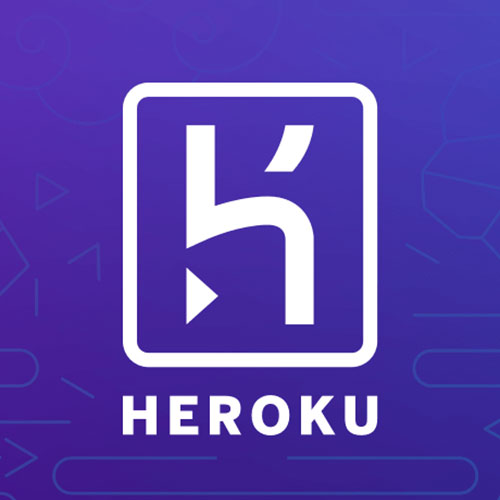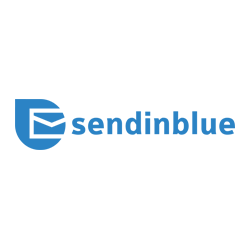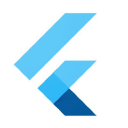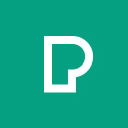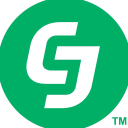My Mobile App Can Build Websites And Makes $5K/Mo
I’m Matthew, founder of Watermelon, a website builder platform powered by AI that allows small businesses and entrepreneurs to create fully functional websites including a landing page and topical pages quickly using their mobile devices. Currently, you can only create your website using the free iOS app.
Over the past 5 years, I have created several products and apps many of which failed and didn’t work out while a few such as my Sugarfree App generated some income and downloads in the healthcare niche. I currently work as a product manager in the health tech industry in Australia freelancing on contracts that are mostly SaaS or native mobile-based while building and growing my product portfolio with a goal of $10k MRR in the next 6 months.
Both products Sugarfree and Watermelon make around $8k MRR (USD) combined. Watermelon being the newer makes $5k MRR of the total due to me focusing the most over the last few months.

Download the report and join our email newsletter packed with business ideas and money-making opportunities, backed by real-life case studies.

Download the report and join our email newsletter packed with business ideas and money-making opportunities, backed by real-life case studies.

Download the report and join our email newsletter packed with business ideas and money-making opportunities, backed by real-life case studies.

Download the report and join our email newsletter packed with business ideas and money-making opportunities, backed by real-life case studies.

Download the report and join our email newsletter packed with business ideas and money-making opportunities, backed by real-life case studies.

Download the report and join our email newsletter packed with business ideas and money-making opportunities, backed by real-life case studies.

Download the report and join our email newsletter packed with business ideas and money-making opportunities, backed by real-life case studies.

Download the report and join our email newsletter packed with business ideas and money-making opportunities, backed by real-life case studies.

